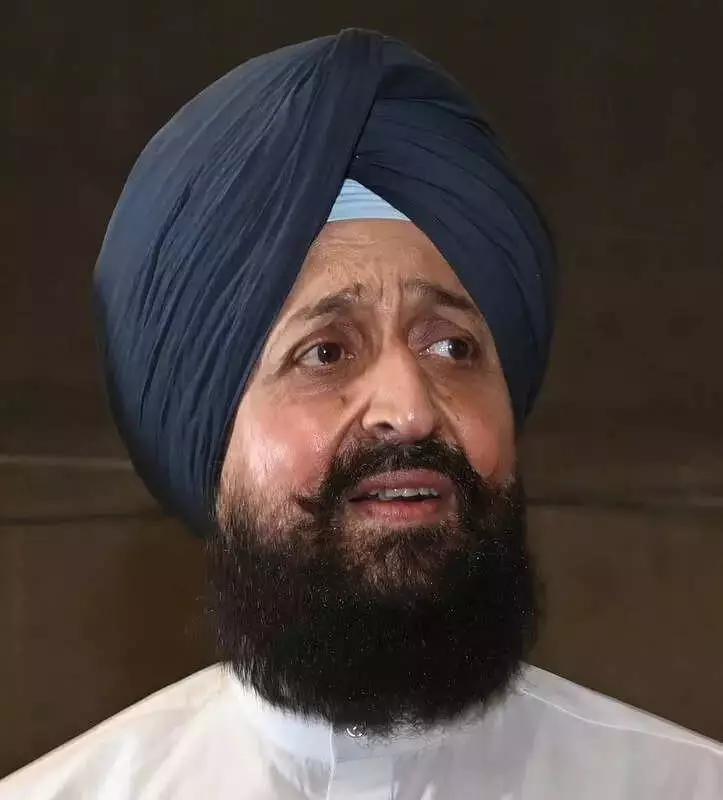
The Punjab State Scheduled Caste Commission has found itself at the center of a major political storm following its unprecedented involvement in the recent Tarn Taran byelection. The commission's actions have drawn strong objections from the state's chief electoral officer and accusations of political overreach from the Punjab Congress party.
Election Interference Allegations
The controversy escalated significantly when the commission summoned the state's leader of opposition, Partap Singh Bajwa, to appear before them on November 10. This move prompted senior Congress members to openly accuse the panel of displaying clear political bias. The commission's chairman, Jasvir Singh Garhi, a former state president of the Bahujan Samaj Party (BSP), has maintained a highly proactive approach throughout the proceedings.
One of the initial disputes emerged when the commission summoned the Tarn Taran subdivisional magistrate, who was serving as the returning officer, and the deputy commissioner, who acted as the district electoral officer. This action followed the commission's assessment that a report provided by the administration concerning remarks made by Punjab Congress president Amrinder Singh Raja Warring was unsatisfactory.
The Punjab CEO's office subsequently cautioned the commission, explicitly writing that summoning these officers during the election period could cause interference in the conduct of the election and amount to undue influence.
Religious and Caste Dimensions
The controversy deepened with what has been described as the unprecedented official bracketing of a Sikh martyr on caste lines. After Warring's counsel appeared before the panel on November 6 instead of the party president himself, the commission took suo motu cognizance of a media report regarding the alleged disrespectful depiction of Sikh martyr Bhai Jaita Ji and Guru Tegh Bahadur.
This development led to the summoning of LoP Bajwa. The text of the order summoning Bajwa reportedly gave precedence to the alleged disrespect shown to Bhai Jaita Ji over the alleged disrespect to Guru Tegh Bahadur. This inversion - giving a disciple precedence over the Guru - is considered highly unusual in Sikh religious context.
Historical accounts note that Bhai Jaita, who belonged to the Ranghreta/Mazhabi Sikh background, retrieved Guru Tegh Bahadur's severed head after his execution in Delhi. Guru Gobind Singh honored him with the famous remark: Ranghreta, Guru Ka Beta.
Political Backlash and Constitutional Questions
In response to the commission's actions, former Punjab assembly speaker Rana K P Singh, a senior Congress member, argued that monitoring election activity and compliance with the code of conduct was the exclusive job of the Election Commission of India, not the Punjab Scheduled Castes Commission. He strongly alleged that the commission's actions displayed clear bias against the Congress leadership.
The controversy represents a significant moment in Punjab's political landscape, marking what experts consider unprecedented for a government commission to use caste affiliation officially to assert its authority in a political context. While the trend of different caste groups claiming Sikh heroes and martyrs on caste lines has increased in recent decades, this practice remains contrary to fundamental Sikh doctrine.
Chairman Jasvir Singh Garhi has frequently highlighted his official actions and statements on his social media accounts, regularly posting video clips and photographs of commission hearings, adding another layer to the ongoing controversy.






